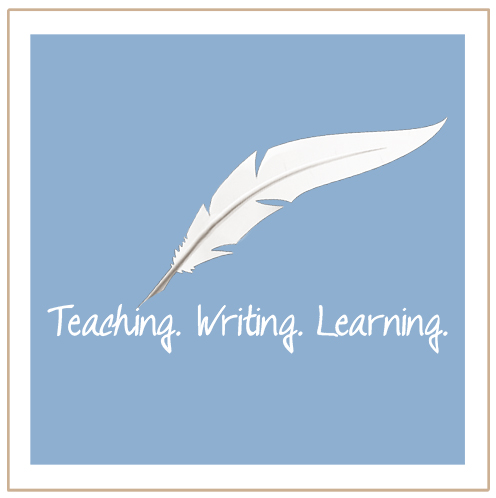teaching. writing. learning. conversations on teaching writing
 teaching. writing. learning. is a campus collaboration of the 2022年世界杯中国小组赛积分, the writing studio, the jean & alexander heard library, the english language center, and the curb center to sponsor resourceful experiences for anyone who teaches writing at vanderbilt.
teaching. writing. learning. is a campus collaboration of the 2022年世界杯中国小组赛积分, the writing studio, the jean & alexander heard library, the english language center, and the curb center to sponsor resourceful experiences for anyone who teaches writing at vanderbilt.
in 2013-14, we sponsored a series of conversations. (see list below.)
in 2014-15, we held a day-long workshop in september and are following up with a working group–open to all interested. (see below for details.)
coming soon
video of the institute’s speakers, presentation materials,
examples of assignments developed, formation of working groups (all invited), and more
teaching. writing. learning. institute: 21st-century approaches & assignments
a day-long workshop on developing writing assignments that engage students in challenging and meaningful ways
friday, september 12, 2014
9am: jason lovorn, “writing in a material world: writing contexts, service-learning, and student engagement”
this interactive talk will explore how the material contexts of writing assignments can have pronounced effects on ways in which students engage their work. we will look first at theoretical perspectives that draw attention to materiality and consider possible applications to pedagogy. more specific to writing classes, we will examine the strong roles that writing prompts play in shaping student writing. then, moving beyond the confines of the classroom, we will consider ways in which the material world of service-learning enables students to become more engaged writers.
10am: melanie hundley, “re-imagine writing: digital and multimodal possibilities for academic writing”
this interactive talk will examine the idea of academic writing, its purposes, and its familiar formats. we will then ask what happens when an academic writing task is shifted from page to screen—how do the possibilities for academic texts change? how do academic arguments shift in structure and organization as they move to different formats? we will look briefly at theoretical frameworks for reshaping texts and explore several examples of academic texts. we will then create a practice digital analysis of a text. after this exploration and text creation, we will discuss guidelines for creating digital and multimodal student tasks. we will consider the role of the writer, the purpose of the writing, and the ways in which alternative structures can provide multiple opportunities for student learning.
lunch
1pm: elizabeth covington, “imagining assignments”
this session will demonstrate the creation of the ibook as digital assignment and will shift to an interactive time when participants create their own assignments using what they have learned from the day’s sessions.
for additional info or to join the working group, contact elizabeth covington.
2013-14 conversations
starting the conversation: a panel on inspiring your students to write
wednesday, august 28, 2013
guest presenters: jonathan gilligan (earth & environmental sciences), emily king (english), richard lloyd (sociology)
managing the paper load: grading writing efficiently and effectively
wednesday, september 18, 2013
opening guest presenter: scott juengel (english)
writing and the masses: writing in large lecture courses
tuesday, october 22, 2013
opening guest presenter: james fraser (human & organizational development/hod)
fear, tired, dread, excited: student feelings and the research assignment
wednesday, november 20, 2013
opening guest presenter: melinda brown (heard library)
writing as discovery: using low-stakes writing to help students learn
tuesday, january 21
opening guest presenter: amanda benson (biological sciences)
resources
resources mentioned and shared at the conversations will be available on the “teaching. writing. learning.” research guide, from the jean & alexander heard library (pictured right).

